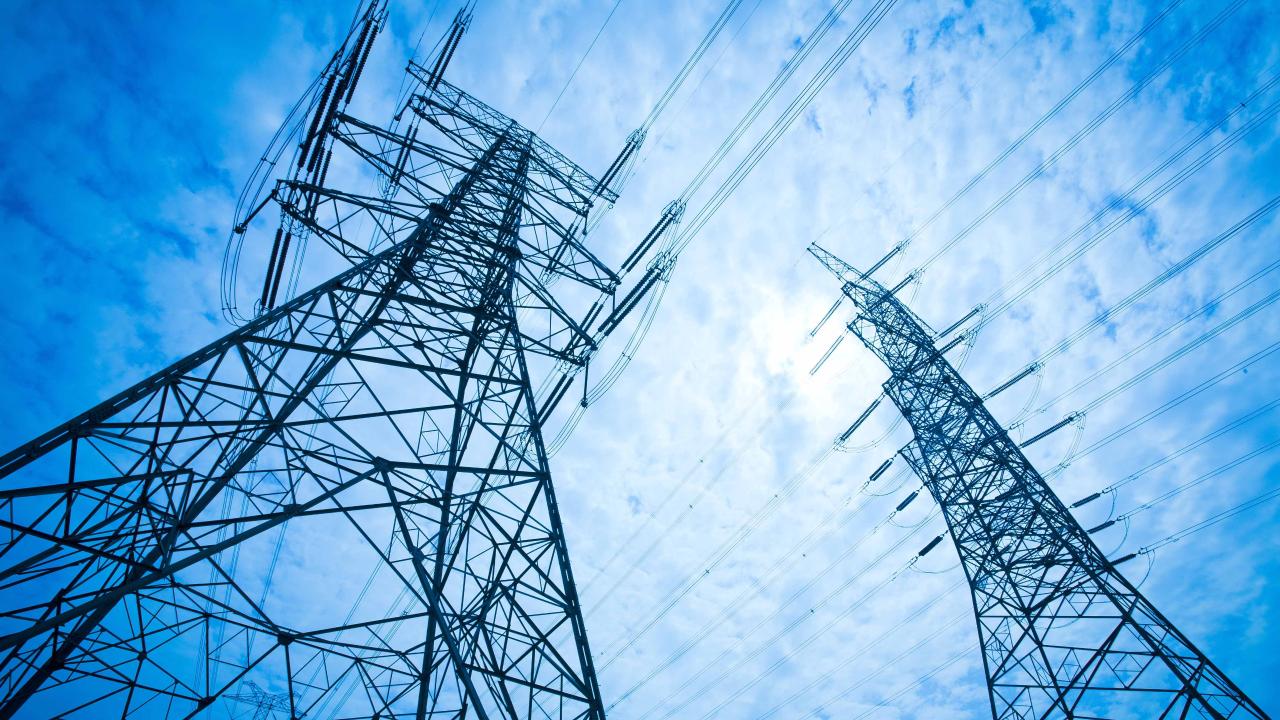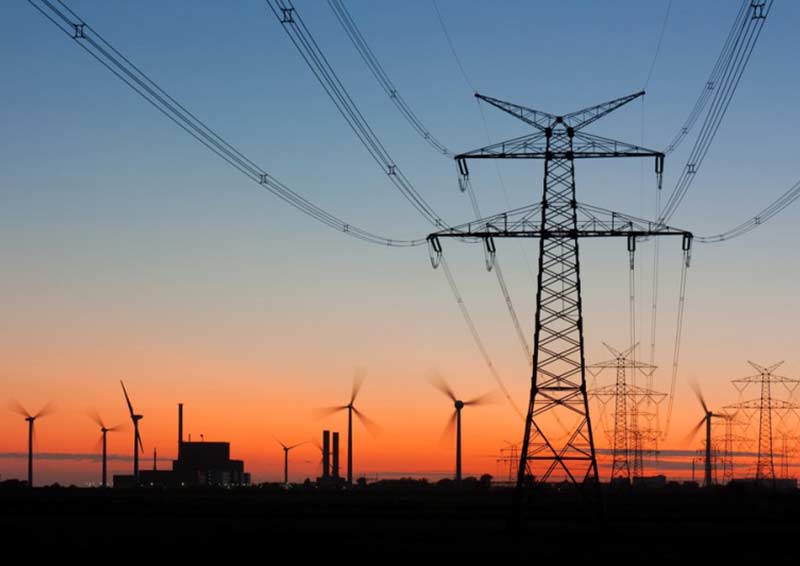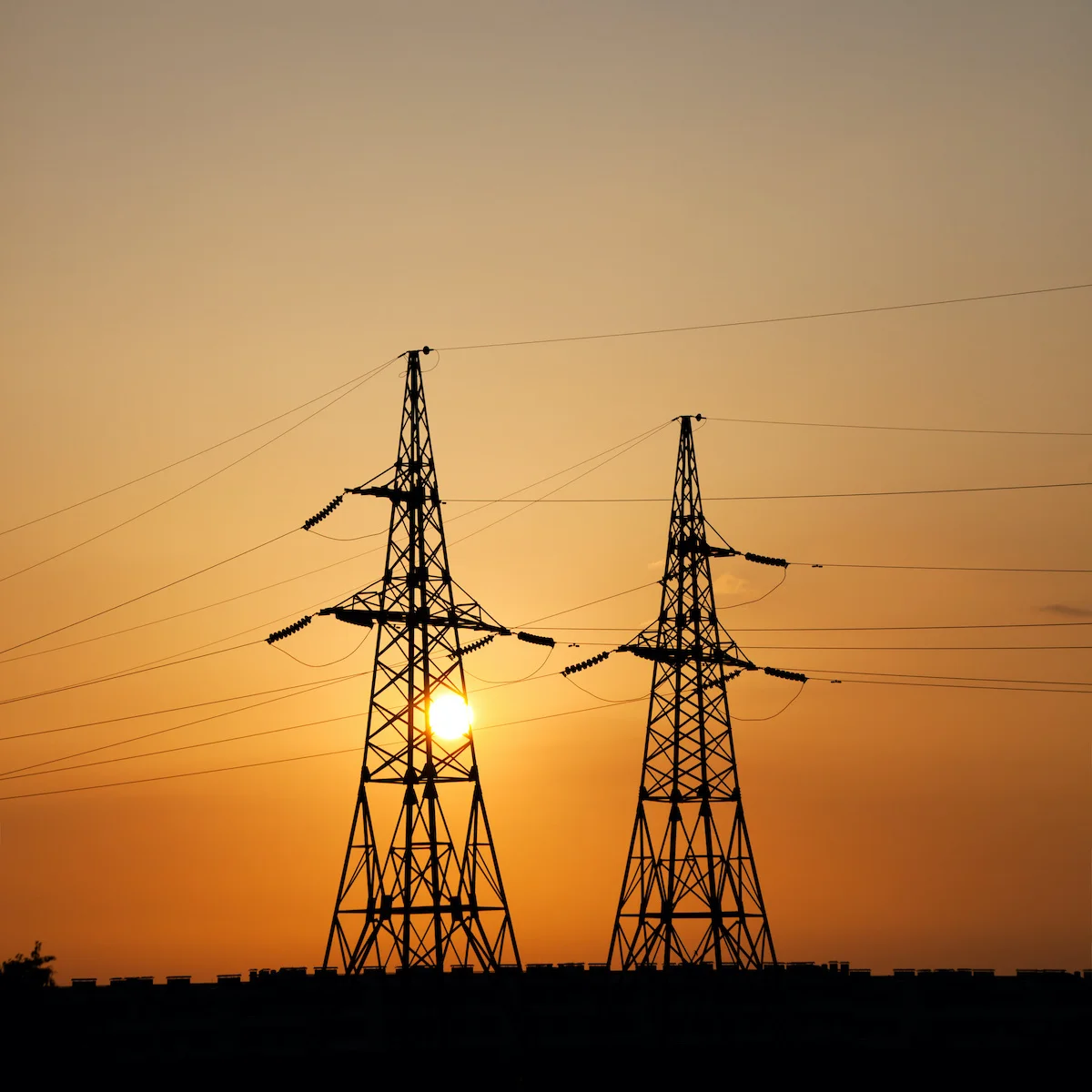
Definition: Electric energy is the energy resulting from the movement of charged particles, typically electrons, through a conductor such as a wire. It is a versatile and easily controllable form of energy.
Units of Measurement: Electric energy is measured in units called joules (J) or kilowatt-hours (kWh). The kilowatt-hour is the most commonly used unit for measuring electricity consumption in households and industries.
Generation: Electric energy is primarily generated in power plants. These plants use various energy sources, including coal, natural gas, nuclear, hydroelectric, wind, solar, and geothermal, to produce electricity. Each source has its own advantages and disadvantages in terms of cost, environmental impact, and reliability.
Transmission and Distribution: After generation, electricity is transmitted through high-voltage power lines over long distances to substations. It is then distributed through lower-voltage lines to homes, businesses, and industries. Transformers are used to step down the voltage for safe and efficient distribution.
AC and DC: Electric energy can be transmitted and used in two forms: alternating current (AC) and direct current (DC). AC is the standard for most electrical grids because it is more suitable for long-distance transmission. However, some devices and applications, like batteries and electronics, use DC power.


Consumption: Electric energy is a versatile form of energy that powers a wide range of devices and systems, including lighting, heating, cooling, appliances, industrial machinery, transportation (electric vehicles), and electronic devices.
Environmental Impact: The environmental impact of electric energy generation depends on the energy source used. Renewable sources like wind and solar have minimal carbon emissions and are considered environmentally friendly. In contrast, fossil fuels like coal and natural gas release greenhouse gases when burned, contributing to climate change.
Efficiency: Electric energy is highly efficient because it can be easily converted into other forms of energy, such as mechanical energy (e.g., in electric motors) or light (e.g., in light bulbs), with relatively low losses.
Energy Storage: One challenge with electric energy is its storage. Batteries and other energy storage technologies are critical for storing excess electricity generated during periods of low demand and releasing it when demand is high.
Future Trends: The electric energy sector is evolving rapidly. There is a growing shift towards cleaner and more sustainable sources of electricity, including the integration of renewable energy sources, improved energy storage solutions, and advancements in grid technology for greater efficiency and reliability.

Electric energy is a cornerstone of modern life, powering our homes, industries, and transportation systems. As the world continues to address environmental concerns and seek more sustainable energy solutions, the future of electric energy is likely to involve greater reliance on renewable sources and increased energy efficiency.

